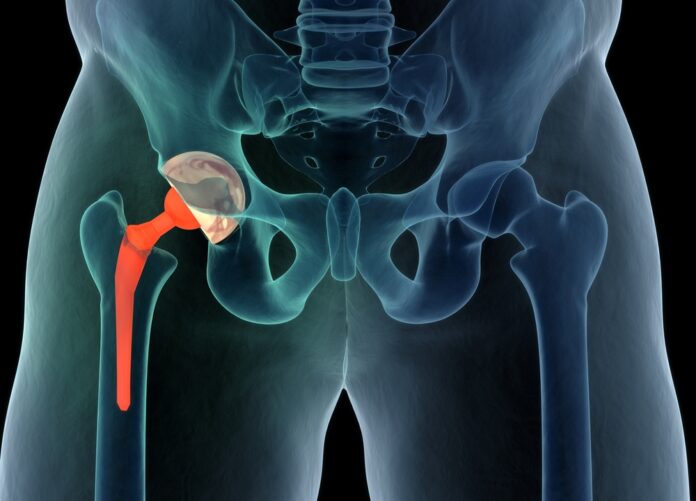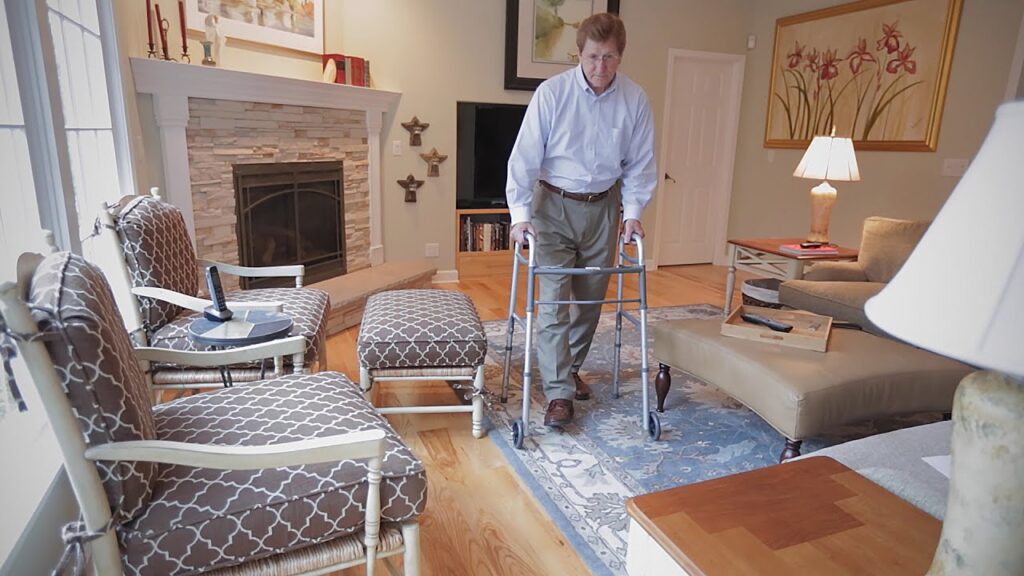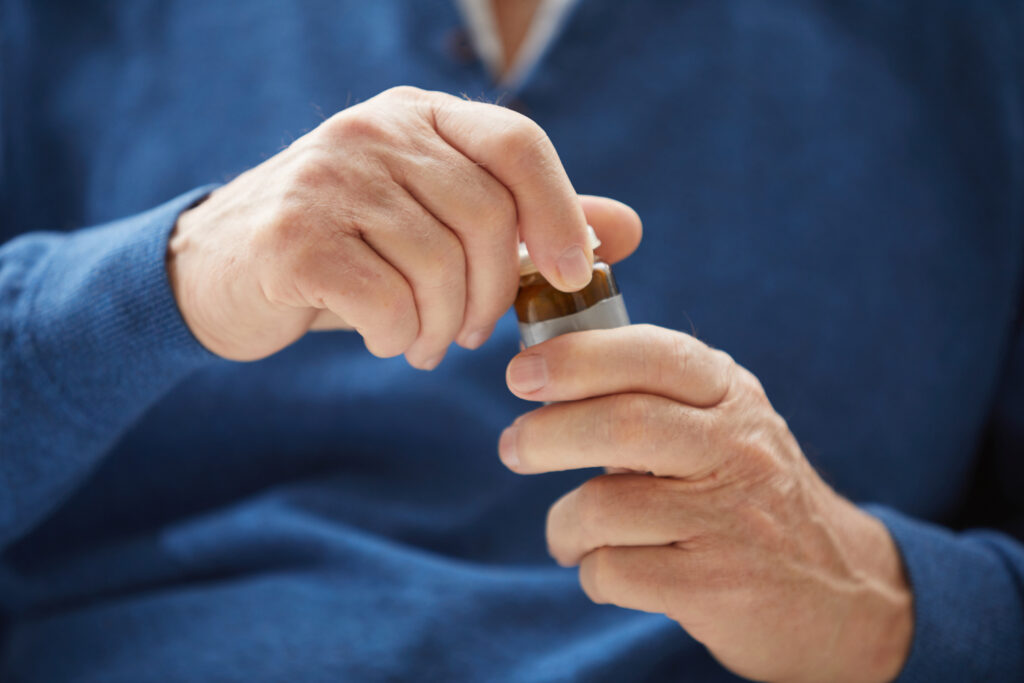
No matter how routine a surgical procedure seems, there is always a chance of anxiety. But you may get ready for your recovery more easily if you know what to expect. That will help you tremendously with the preparation for this procedure.
Suppose you and your surgeon determine that Chevy Chase hip replacement surgery is the best course of therapy for you. In that case, you will get all the information you need to prepare, including individualized instructions, during preoperative consultations with your medical team.
However, to prepare you, here is what you can do before the surgery.
1. Get rid of extra pounds
Your doctor may advise you to reduce weight before hip replacement if you are overweight. Identify realistic weight reduction targets and strategies by consulting with your doctor. The risk of postoperative problems, such as infection, may be reduced by losing weight.
2. Home Preparation

Falls are a leading cause of hip replacement surgery. It would help if you got your home in order, so you don’t have to worry about the same issue while recuperating from surgery.
There is a chance that surgery may significantly impair your mobility and standard of living. Because you will be using walking aids (such as a walker, crutches, or cane) and shuffling your feet for some time, things like throw rugs, floor mats, and electrical wires should be avoided. As a result, it is important to make some reasonable adjustments around the house to ensure continued access to basics without the risk of unnecessary strain.
What you can do is:
- Make sure you can easily move about the home with your aids by rearranging the furnishings.
- Switch rooms (sleep wherever is most convenient) to avoid having to use the stairs as often.
- Keep the things you regularly use (phone, meds, glasses, remote control, etc.) within easy reach to reduce the need to stretch or bend.
Whether it is a member of your family, a trusted friend, or a professional caregiver, you may arrange for regular assistance with daily activities like errand running, personal hygiene, and meal preparation. Don’t hesitate to ask for assistance at this time; doing so will help you securely readjust to living at home.
3. Stop smoking

The use of nicotine may hinder blood circulation, which can lengthen the healing process and increase the risk of problems.
The doctor who performed your surgery or your primary care physician may be able to provide advice on how to stop smoking or put you in touch with a specialist who can.
4. Consult a physiotherapist
Talking to a physiotherapist before surgery can help you recover faster. Selecting the appropriate physical therapy exercises is crucial to a speedy and complete recovery after hip replacement surgery. If you practice them before your surgery, you will have a leg up when doing them afterward.
5. Put away the blood thinners
A few weeks before your procedure, you may be requested to cease taking blood-thinning drugs such as aspirin or warfarin.
These pointers are offered just as ideas. If you have any questions about what to do before surgery, your doctor and their team will be happy to answer them. If you have any inquiries, you should contact them.
It is natural to experience some apprehension in the days leading up to your hip replacement surgery. Most hip replacement procedures are successful.









